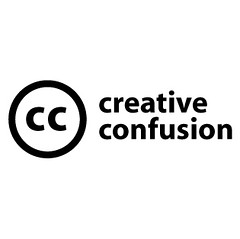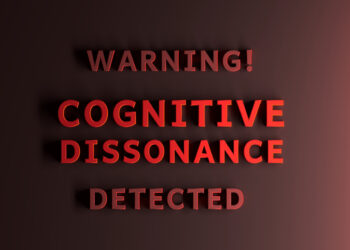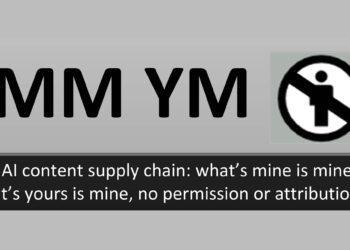
Image by Joe Pemberton via Flickr
OK, I think I’ve written this so that I’m getting my idea across, but I’m not sure. You be the judge.
I’ve been reading some blogs in which authors are worrying about Creative Commons and the lack of changes to core copyright concepts. I’m not going to take a stance relative to these issues per se, but I began to think about the act of copying itself, and whether it’s a concept being marginalized by new value equations.
Copyright comes from the scarcity model, where copies were scarce resources, and intrinsically valuable as finished goods. The ability to make finished goods and sell them at a mark-up was part of how people made money. Piracy gave you content to print, or music to burn.
Most of the major cases of copyright violation have to do with making copies to save money (Texaco) or making copies for other commercial reasons (Napster) or making copies to take business away from the copyright holder (good old-fashioned piracy). I can infer that Creative Commons presumes I still want to ship around finished goods in some manner, move physical objects, or store files somewhere new. It is still of the copyright world.
Fast-forward to the present, and consider the information, authoring, music, and reading environment that is emerging in front of us. Cloud computing. User-generated content. Social media. Digital-first content. It is rife with links, and linking is not a violation of copyright, according to a court ruling in 2004.
If I can, via a link, lead you to a cited article, song, movie, or blog, what role does copyright have in the communication world of tomorrow? Google (I think) copyrights no content, yet is the dominant economic powerhouse of the Web. Wikipedia states:
The Wikimedia Foundation does not own copyright on Wikipedia article texts and illustrations.
Paid content may not flourish in a linking economy. (Remember, in a broadcast model of music [i.e., radio], advertising paid for much of what you listened to, and the same seems to be happening in the new world of broadcast content.) YouTube and Hulu show that video can be presented outside of paid models, in the latter case with digital advertising proving better than the old-fashioned kind. Last.fm shows that digital radio can work.
Will copyrighted content become a backwater relative to more dynamic content protected by community standards, in the ways magic tricks, blogs, and stand-up comedy are currently protected? Is the etiquette of the link going to be a powerful way of enforcing community standards?
In the emerging information immersion world, I can wield a link to commercially exploit a work without touching it, and that same link will add value to the source material (the link drives traffic and helps its rank and relative authority in Google). The economics are distributed automatically, and both parties have an interest in the new status quo defined by linking.
Will copyright become a moot point in the digital world of immersive bandwidth, and ubiquitous and increasingly valuable linking?
Discussion
4 Thoughts on "Linking and Copyright"
No, it’s going to go the opposite way. Subscription-based conent is rising and will continue to rise because advertising is only useful to support content in limited areas. Some content will be free because of institutional support, some will be free because it supports other products and services (product sampling, advertising), and some will be subscription-based. To make a broad generalization, the more valuable the content, the less likely it will be free or shared openly. Think of industrial processes, patents, etc.
I agree conceptually that some information will be secret or protected by patents. But for communication, I think it might be changing. I’d be interested to see some data on the opposing trend Joe cites.
My experience has been that more information is becoming free, and that social media is making copyright less of an issue, that we’re moving into a community standards model.
While advertising might not support everything, options for donations, related events and speaking fees, derivatives, and the general nature of the Web leaves me with a nagging feeling that we’re using a tool that might find itself left on the shelf more than ever.
![Reblog this post [with Zemanta]](http://img.zemanta.com/reblog_e.png?x-id=e6e02cef-6a0a-4542-ac3f-f1d54162dcdc)


